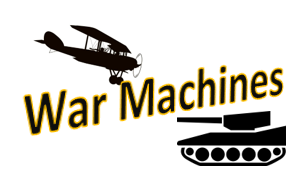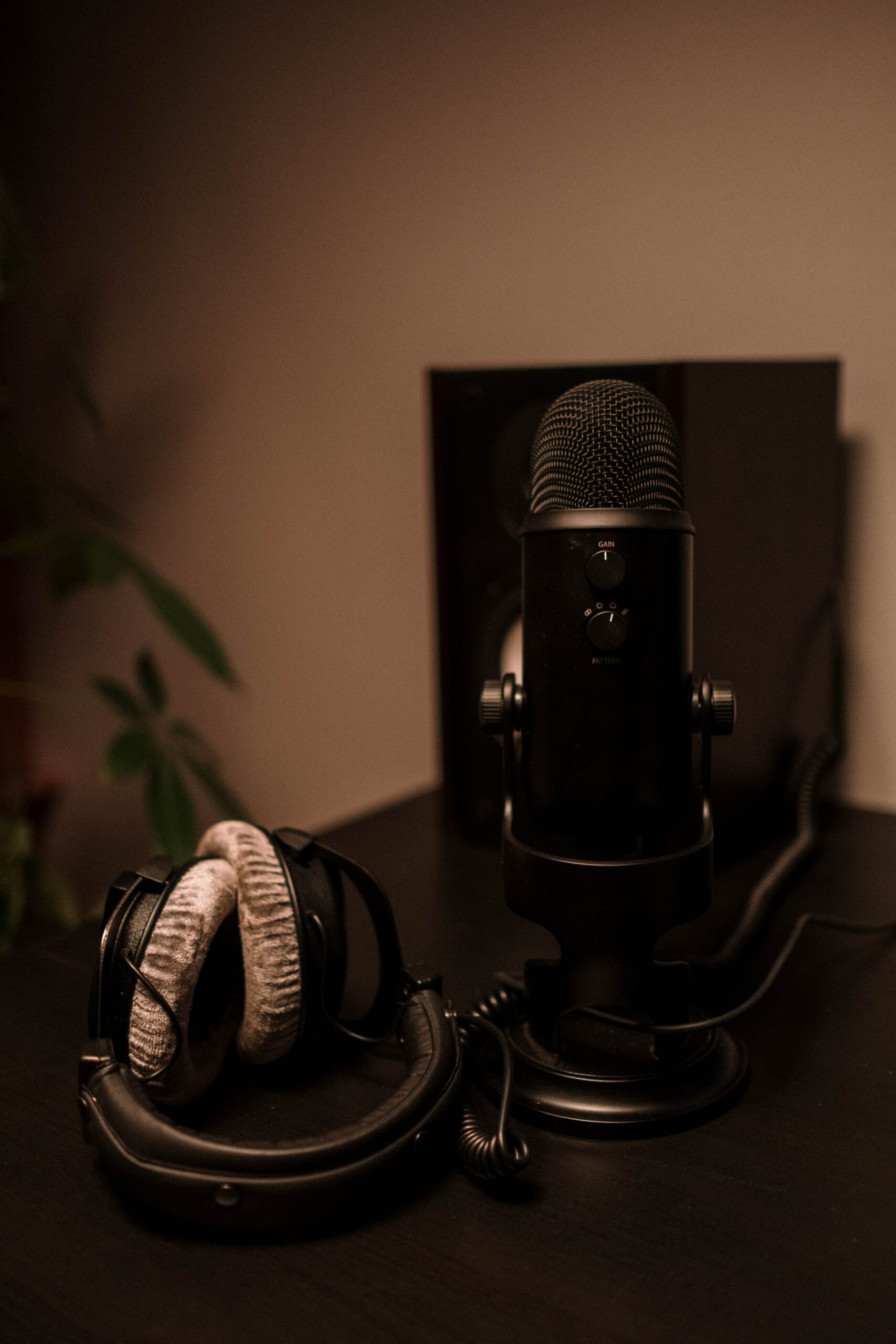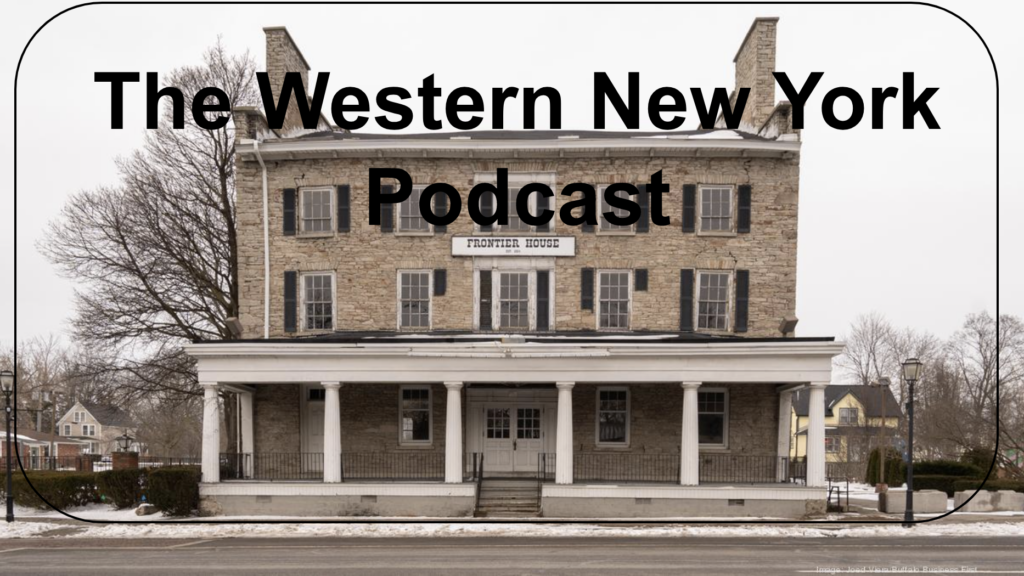Blog post and podcast by Dan Schosser

Hello everyone, my name is Dan Schosser and this is my podcast for HST 485, War Machines. I’m not a naturally talkative person, so when I signed up for HST 485: Historical Podcasting, I knew that I was definitely going to be giving myself a challenge, but that was also part of the fun. I have a few historically-based podcasts that I listen to, but most of the ones I enjoy are stories about what has happened. Rather than copy my favorites, I decided to do something a little different, focusing on the “What If” rather than “What has.” Thus, the idea of War Machines was born.
Since I enjoyed learning about weapons of war in a technical sense (what made them as effective as they were), I decided to take all that knowledge and pit combatants into fictional fights against one another, sort of like the show Deadliest Warrior on Spike TV. However, since this was a podcasting class, I had to make do without the one thing that Deadliest Warrior had, a visual component. This is what led to me turning these episodes into a vivid description that could be entirely imagined in your head, with battles explained in detail rather than a simple sentence or two like A shoots B and B explodes. I wanted to make sure that the listener felt like they were there and could imagine what they were fighting with and against, just like those who were in the battle, and that maybe they had a bit of emotional investment in one side or the other. Sometimes this meant adding sound effects to set the scene, or battle effects to heighten the tension of the yet unknown outcome.
Ultimately, I think I succeeded in that aspect for the most part. Not only did I learn a lot about how much work goes into the planning, scripting and overall quality when designing an episode (even a 15 minute one) like this, but I also got a lot of experience in the audio recording and editing department, which I think will help me in other projects and areas that I might use this in. With two podcasts under my belt, I am not sure if I may continue this particular series (though I do have a few more episode ideas planned ahead if I decide to go forward with it), but if nothing else it gave my understanding and appreciation to those who produce entertainment and material like this, and just how much work they have to do so we can enjoy it.
I’ve been both an academic historian and a history podcaster for about six years. I love doing it and I am constantly confronting the inconsistent (and sometimes conflicting) skill sets required for my parallel roles. I chose the topic of history podcasting for my HST 485 History in the Wild course and designed the course to be as collaborative and applicable as possible to their real-world needs. ASU’s humanities students deserve to take courses that harness their passions and natural curiosities so that building a wide variety of skills (our end goal) doesn’t feel like work. The podcasts that resulted from this course exceeded my expectations. –Dr. Marissa Rhodes, professor of HST 485: History in the Wild

Tagline: The Historical Matchups You Never Knew You Wanted.
Title: The title of the podcast is War Machines.
Podcast Topic: The topic of the podcast is a hypothetical battle between two weapons of war that would never see each other in actual combat.
Titles and descriptions of your two sample episodes:
Episode 1 (Iron vs. Steel) – A battle between two revolutionary ship designs – HMS Dreadnought vs. 2 ships of the CSS Virginia Class
Episode 2 (Pioneer vs. Panther) – A battle between tanks of two eras separated by technology – 2 Mark 1s vs. a Panzer IV
Topic Ideas for an additional eight episodes:
Episode 3: War Ace vs. Workhorse (Fokker Dr. 1 vs. P-40 Warhawk)
Episode 4: Siege Warfare (Catapult vs. Trebuchet)
Episode 5: Dawn of the Jet Age (Me-262 Swallow vs. F-86 Sabre)
Episode 6: Falkland War 2.0 (USS Ticonderoga class cruiser vs. HMS Astute class submarine)
Episode 7: Victory vs. Old Ironsides (HMS Victory vs. USS Constitution)
Episode 8: North vs. South – APCs (VBTP-MR Guarani vs. Patria AMV)
Episode 9: Cold War Night Fight (Pe-3 vs. A-20 Havoc)
Episode 10: Reading your Rationale – (Reading your comments, responding to critiques, commenting on possible issues brought up in earlier podcasts) (Maybe make this a common repeating episode every 10 episodes or so?)
Format & Rationale: It could be done in an audio-only environment, but visuals would provide an enhancement. Ideally, I would want it to be no more than 15-20 minutes. If done in any visual format, I could show pictures/blueprints of each vehicle so the audience would have visual approximations of the combatants. This could also contain possible maps showing positions and tactics (also a visual component).
POV/Approach/Style/Voice & Rationale: I would treat it as me describing a fictitious battle to the viewer. I would introduce each combatant, giving a brief overview of each’s capabilities, strengths and weakness. I would also devote an equal amount of time to describing the battle and who I think would win with the reasons why, as well as what technical or historical factors influenced that outcome. I would then encourage my audience to challenge or debate me if they have alternative reasoning as part of closing. I would do it as a narrative, but could change up format if I had one guest about a particular vehicle, could have them do a guest narration about their own version
Episode Frequency & Rationale: Due to needing to get technical information on each combatant, plus then having to plan each battle, at the minimum, I would want to start bi-weekly.
About the Host: I am a huge war history nerd, and I often actually listen to other warfare-based podcasts for fun (in addition to audiobooks). I would want to emulate the good parts of those listening experiences, plus engage the audience in a bit of historical guessing, presenting them with my theory but encouraging them to come up with their own.
Target Audience: I think that this podcast as a whole would be attractive to my target audience because it is not very long but contains enough information for the listeners to form a mental picture of the combatants and the battlefield. I give them enough information so they can draw a rudimentary version of the real thing, and then let their mind fill in the blanks. Two ways that I could reach my target demographic would be by; firstly, contacting other history podcasters and seeing if they are willing to plug my show at the end of their own, maybe with the bonus of inviting them on a future episode as a guest in future, and secondly, finding existing communities of a similar background and advertising on that (for example, one of the naval podcasts I enjoy I found through someone posting a link of an episode to a warship subreddit). Having a website or social media page where I can engage with the listeners and encourage discussion would be a great way to foster community, in addition to occasionally interacting with them. I think what will probably generate the most controversy, and probably the most hate will be the results of my matchups. For example, in my second episode, I have a surprise winner, and I can guarantee that I will have people who do not agree with my choice of winner. I am almost certain I will have to deal with people (both polite and rude) disagreeing, and as long as they are willing to engage me in a respectful manner, I have no issues with replying back to them. Those who do not simply will have to understand this podcast’s results are an opinion and not historical fact and leave it at that.
Why is your podcast needed? I think that I can confidently say that there aren’t almost any podcasts that share the same subject as mine (I would say that that there are several that entertain a similar idea, but most only spend a single episode or two dealing with hypotheticals, and none a whole series. Some of them are on the longer side, which with history is actually good, as people feel that the longer podcast length shows that people have done their research and are actually interested in the topic they are discussing. Some don’t appreciate the guests that sometimes tend to go off on tangents not entirely related to the topic at hand, and sometimes make note of it in their reviews. If my podcast were to be reviewed by these same people, I would expect somewhat decent reviews overall, as people would find despite the shorter length that I have clearly done my homework on researching the machines, but would also anticipate people giving me wildly skewing reviews because of my choice of craft winning would most likely offend someone if they did not agree with it. Since I feel that my podcast would be testing a newer sub-genre (hypothetical history) in detail, I don’t know if there would be holes that need to be filled. In fact, I think people might fill different parts of my sub-genre, such as maybe having armies or types of soldiers engaging in a similar style podcast geared towards their selected area. As a whole, this podcast would take a genre that is often explored as a “one-off” or “fun” section of a podcast, and expand that idea into the subject of a whole podcast.
What auxiliary components would you launch alongside the podcast? I think that I would initially launch either a website or subreddit to launch with this podcast. First, it would serve as a good launching platform for me to host my content on. Secondly, something like Reddit would allow me to connect with the listeners on a social level and engage them directly. This would also allow for the engagement part of the podcast as I would have people being able to have their discussion in the comment sections below the post. I think that I would initially start out as an audio-only podcast, but if I got enough fan feedback that told me otherwise, I might at that point create a YouTube version with actual visuals, for those people who learn better with visual components. As the only group that would be truly unable to enjoy the podcast in its original form would be the deaf community, maybe adding closed captioning to the YouTube version would also help that group in being able to listen to the podcast.
Describe some of the feedback you received in your peer reviewers and what you did to address these criticisms: Some of the feedback I received from peer reviewers included being clearer at certain parts and adding small bits of information to help those who may not have the amount of historical knowledge that I possess. Realizing that most people do not have nearly the amount of intuitive knowledge on these things that I do, seeing people ask me for clarification or to break it down simply helped me “dumb down” the podcast so that it would appeal to a wider audience, and explain things in a way that I felt would make sense to all those that listened to it.
Describe some of the feedback you received from the instructor and what you did to address those criticisms: Some of the feedback that I received from my instructor included adding paragraphs to my copy. My original long copy had large paragraphs that would have made for very long paragraphs with no natural breaks that would have easily droned on and on during recording. She recommended that I break it up with natural breaks to help with the flow. In doing so, not only does the podcast sound a bit more natural when listening back to it, but it made recording easier as I only had to redo a small paragraph if I screwed up rather than a larger section of the copy.



